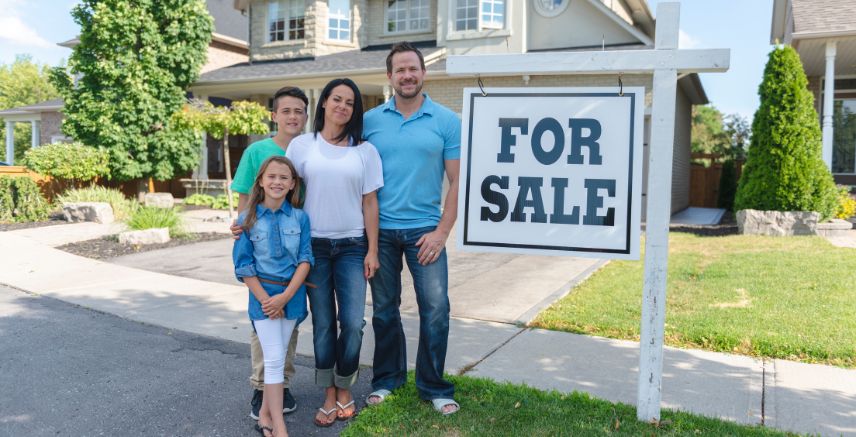Selling Smart
When selling a house, the projects on your to-do list can feel like they’re multiplying every second. If you look at housing trends and common household projects’ return on investments, there are things you can cross off your list entirely. It’s worth it to do a little research when selling a house to see what you can feel good about skipping.
Windows and Siding
Just like a major renovation, energy-efficient updates make perfect sense when you first move into a home. Upgrading windows and siding can drastically improve energy efficiency and boost your resale value and curb appeal. You’ll enjoy energy savings and see a great investment return for homeowners who do these upgrades with the intent to live in the home long enough to reap these rewards.
But for those wanting to sell, do not replace windows and siding! You’ll end up with this extremely expensive investment and not live in the home to see a return. Additionally, these major replacements can take time and require invasive work. Big projects can stress your timeline. Instead, wipe windows and sidings off your to-do list and leave it for the next homeowner—you’ll certainly thank yourself later.
Related Search Topics (Ads)
Minor Electrical
A house’s electrical status is something buyers do look at, but only when it comes to the major problems. You can easily cross minor electrical issues off of your list. Loose outlet plugs, dead outlets and switches that don’t seem to do anything are all considered minor electrical needs. These problems are pretty innocuous and won’t affect the resale value of your house, so you can comfortably leave them alone, making this one less thing for you to worry about during the sale.
Older homes have old wiring—this fact is known well to potential buyers. Knob and tube wiring was the method back in the day, and anyone looking at a century home won’t be surprised if its electrical is outdated. However, if the entire house is outfitted with knob and tube wiring, you'll need to update this before selling your home for safety reasons. The same goes for other potentially hazardous electrical problems like loose wiring, dangling fixtures and old electrical service panels.
Cosmetic Problems
While a fresh coat of paint is always a good idea there are certain cosmetic issues you can skip, especially when time, energy and money are constrained. Think twice before fixing cracked tiles, trim, scratches on the floors or any cosmetic problem that requires additional work.
It may drive you crazy to see little things go untouched around the house before you sell it, but whoever buys your home will want to update it to their preferences anyway. There’s a good chance that the next homeowner will make their own small changes to cosmetic details.
Driveway
Buyers will pay 7% more on average for a home with excellent curb appeal. However, for small driveway cracks, the cost of replacing and fixing simply doesn’t make sense. Unless the driveway has a safety hazard or can damage a car, feel free not to fix them.
Curb appeal is important, but there are plenty of other ways to boost the good looks of your home’s exterior. Instead of fixing minor driveway cracks, focus on flower beds, landscaping and your lawn and porch, if you have one.
Building Code Fixes
The catch about building codes is that they are always changing. Inspectors and lawmakers are always evolving their standards for building safety as they continue to learn and change with the times. This means that the codes and laws will also change.
Don’t feel like you need to scramble to research building codes and spend hundreds of dollars trying to meet current standards. A home inspection will tell the buyer if the home has a feature violating a current building code. The seller doesn’t have to fix the problem as they are grandfathered in.
Any Major Renovation Projects
There’s nothing wrong with doing a major renovation when you first buy your home. However, if the clock is ticking on the time to sell it, you’ll want to avoid a huge project. Kitchen and bathroom remodels can start small, but be careful about turning these remodels into sprawling, time-consuming (and expensive) renovations before selling. It can be easy to start a remodeling project to fix some cosmetics before selling and wind up with a major renovation on your hands.
Keep it Simple
Selling a house takes quite a bit of time and energy. For your own sake, keep it simple and manageable. Whatever projects you do plan, make sure they’re within budget and doable for your timeframe (and energy). Trying to get a home ready for the market can feel overwhelming, but talk to your real estate agent first. Your agent has industry experience. They can help guide you in what needs to be done to make your home ready to sell.
When showing off your house, you should never have any smoke smell on your furniture. Learn how you can get rid of the smell.

